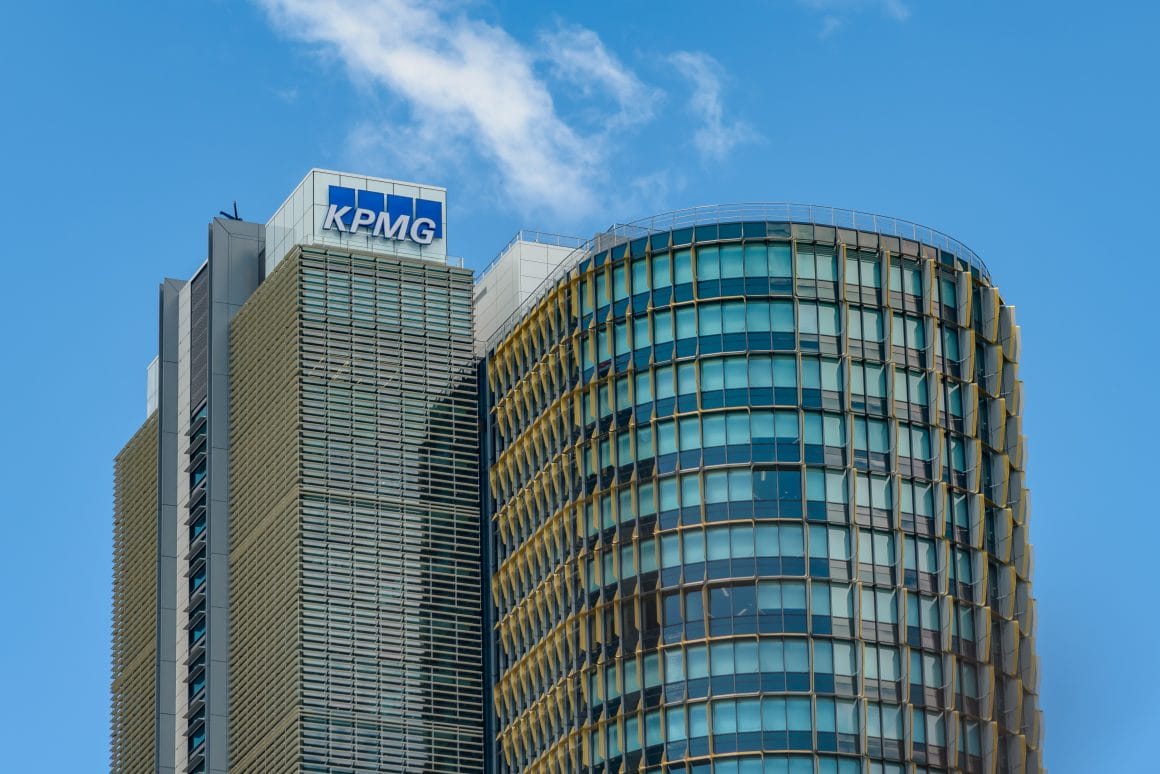KPMG released relaxed work policies to help employees who are suffering from remote work fatigue. Internal surveys and studies showed that employees, despite embracing remote work, have also felt tired and burnout. As a consequence, the firm announced they will be re-structuring certain aspects of their daily working schedules.
Companies continue implementing flexible arrangements that allow employees to work remotely some days a week. Despite successfully managing their virtual teams, some companies also have experienced the downside of remote work, and as a result, they’ve had to come up with new solutions. KPMG started to apply flexible policies that will enable employees to be more relaxed and productive while working from home.
KPMG Relaxed Policies
The pandemic shifted the way teams work. Most companies needed to implement remote work to some extent, and despite being successful, they were new challenges to overcome. Burnout, stress, and overall anxiety from the Covid-19 situation have made managers take different approaches to help employees improve their well-being.
KPMG conducted an internal survey to understand in-depth what their employees were going through. The results show that many of them are struggling with well-being and resilience. Remote work fatigue is starting to appear on the surface, and for many, having meetings all day makes it difficult to focus on their work tasks. Therefore, they’ve decided to create a new series of relaxed policies:
- The firm is encouraging employees to get time to focus exclusively on work. As a result, they’ve created a “Heads-down” time policy that blocks off every Wednesday from 2:00 pm to 5:30 pm for employees to work without being interrupted by unnecessary meetings.
- Camera-free Fridays in which meetings will be only voice-only, creating a more relaxed transition into the weekend.
- The firm is also shortening the meetings for employees to have more work time available.
- Morning prep time is another of their new policies that consist of not having meetings so early in the morning; that way, staff can prepare more efficiently for their workdays.
According to Accounting Today, a KPMG spokesman mentioned:
So far, the early reaction has been very positive, these changes are still so new for us, so all of the feedback is anecdotal at this stage. Next month, we plan to survey people about their experience … to ensure that the changes are working as intended and we want to be open to any adjustments that need to be taken as we move forward.






